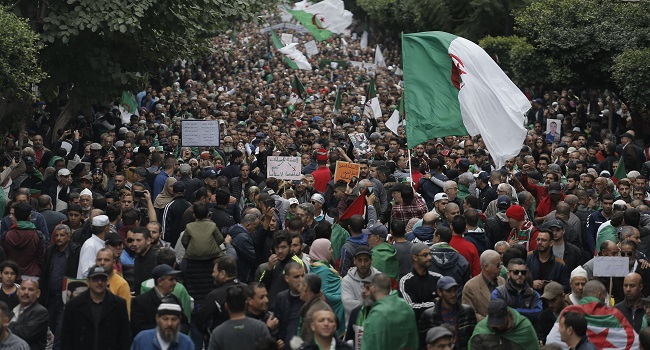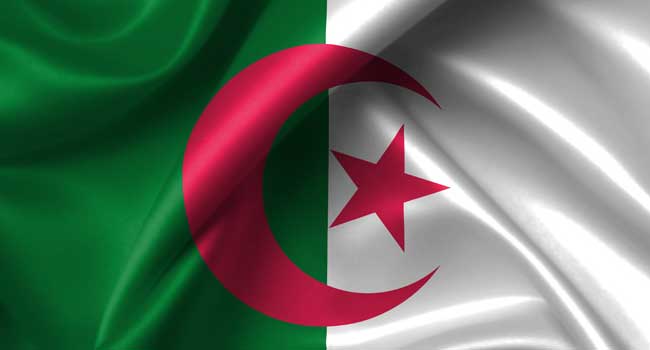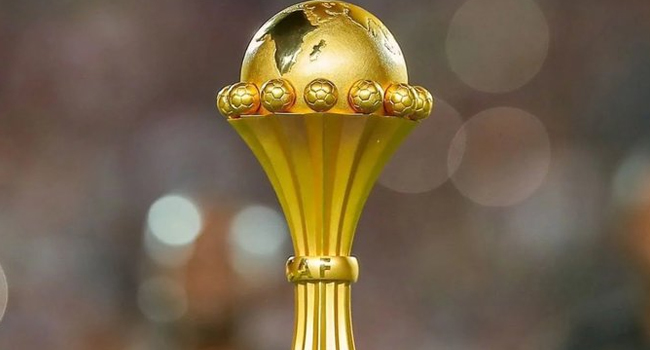Algeria has clamped down on an anti-government protest movement in the run-up to a parliamentary election on Saturday.
Mass demonstrations, known as the Hirak or movement in Arabic, swept longtime autocrat Abdelaziz Bouteflika from power in 2019.
The movement, which returned to the streets in February following an almost year-long break due to the coronavirus pandemic, has called for a boycott of the vote, but has been hit by a wave of arrests of its supporters.
Here is a timeline:
Bouteflika quits
From February 2019, when the 82-year-old Bouteflika announces he will stand for a fifth term despite his failing health, mass protests are held every Friday drawing hundreds of thousands of people.
On April 2, Bouteflika resigns following two decades in power, after the powerful armed forces chief Ahmed Gaid Salah tells him to quit.
While crowds cheer his departure, they fill the streets again on April 5 to push for a total dismantling of the political system in place since independence from France in 1962.
On April 9, upper house speaker Abdelkader Bensalah is named interim president, but opposition parties refuse to confirm his nomination.
Army gets tough
Gaid Salah emerges as the key powerbroker. On May 20, he rejects the demands of protesters that an election planned for July 4 be postponed and that regime stalwarts step down.
But the constitutional council cancels the planned election on June 2 citing a lack of candidates.
On September 18, the military hardens its position, ordering police to block demonstrators from outside Algiers entering the capital.
Bouteflika allies jailed
On September 25, a military court sentences Bouteflika’s brother Said and two former intelligence chiefs to 15 years in prison for “conspiring” against the state.
In December, former prime ministers Ahmed Ouyahia and Abdelmalek Sellal, both close to Bouteflika, are sentenced to 15 years and 12 years in jail respectively in corruption trials.
New president’s weak mandate
On December 12, Abdelmadjid Tebboune, a former prime minister under Bouteflika, wins a presidential election on an official turnout of less than 40 percent.
The next day, Tebboune calls for talks with protesters, who nevertheless remain on the streets.
On December 23, Gaid Salah dies from a heart attack, aged 79.
Pandemic halts protests
On January 31, 2020, Algerians flood the streets of the capital to celebrate the 50th consecutive Friday demonstration.
However, on March 20 the streets of Algiers are empty for the first Friday since the start of the protest movement as the Covid pandemic takes hold.
Referendum
Algerians approve a revised constitution in a November 1 referendum marked by record low turnout.
The plebiscite takes place in the absence of Tebboune, who is hospitalised overseas after contracting Covid-19.
He returns to Algeria but goes back to Germany for surgery following post-Covid complications and does not return to Algiers until February 12.

Pardons, protests
Thousands of Algerians rally on February 16 in the northern town of Kherrata, seen as the cradle of the protests.
Two days later, Tebboune pardons dozens of jailed Hirak activists, announces early elections and says he will carry out a government reshuffle.
On February 22, seen as the second anniversary of the mass protests, thousands demonstrate in Algiers and other cities ending a nearly year-long break.
On May 9, the interior ministry says Hirak organisers will have to advise authorities of protests in advance, effectively amounting to a ban.
The authorities have since put down protests in Algiers and elsewhere, and detained scores of demonstrators.






